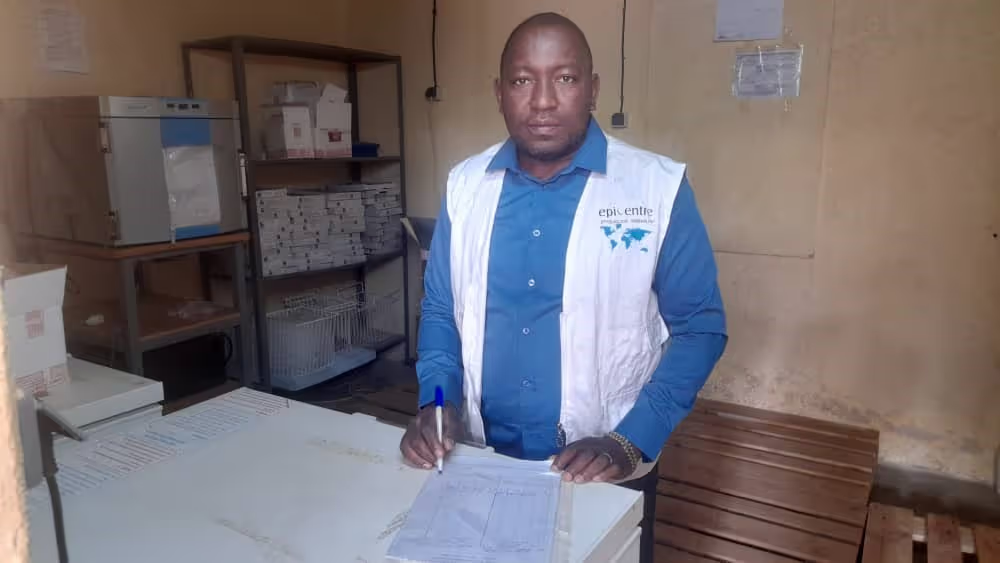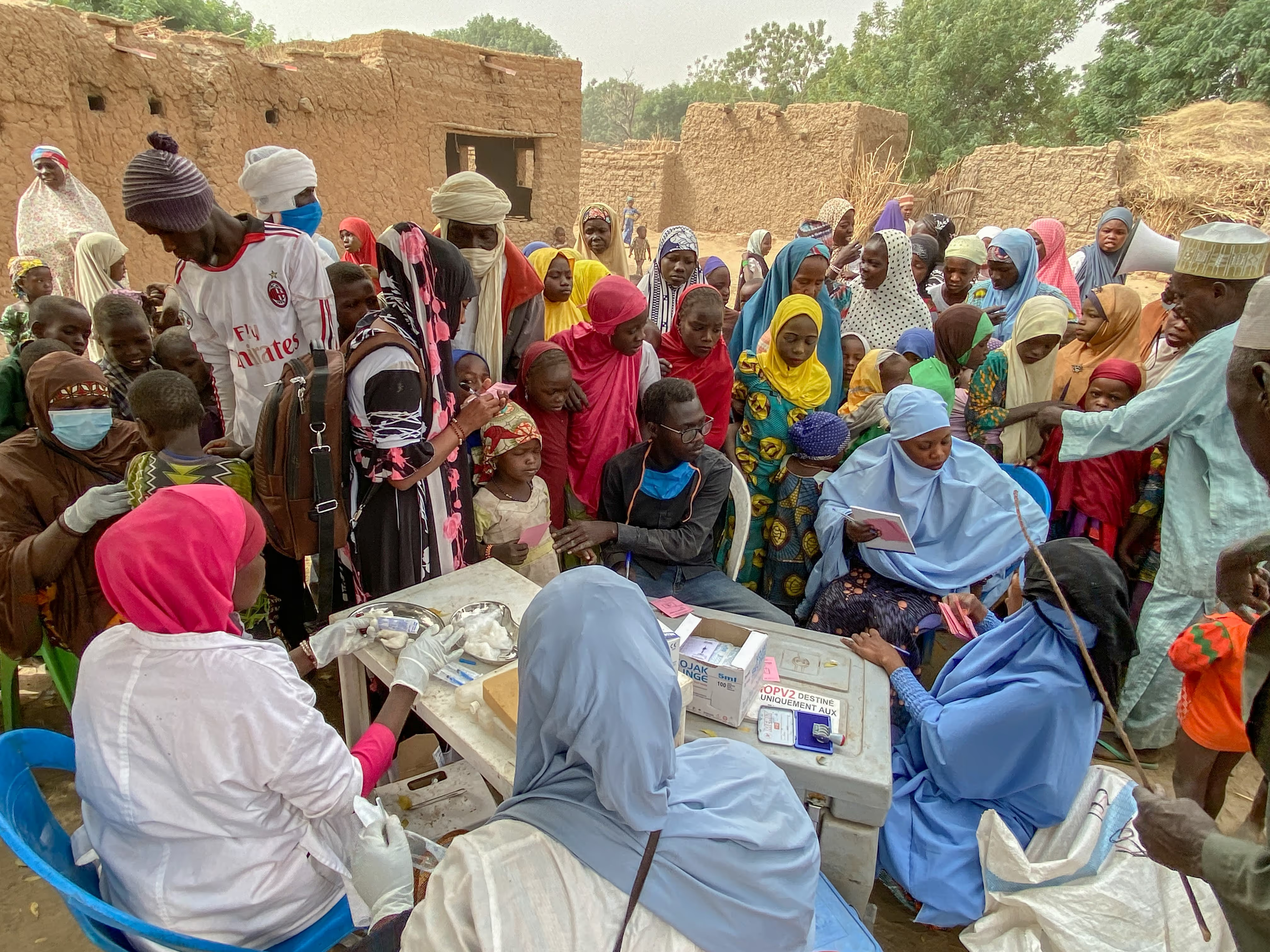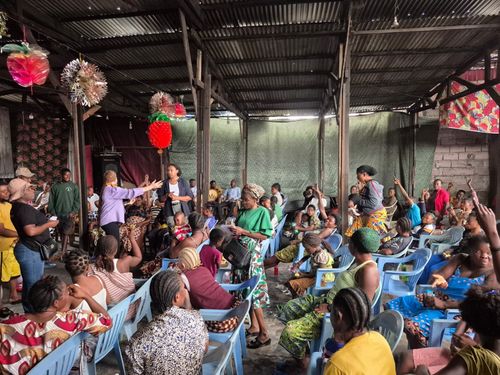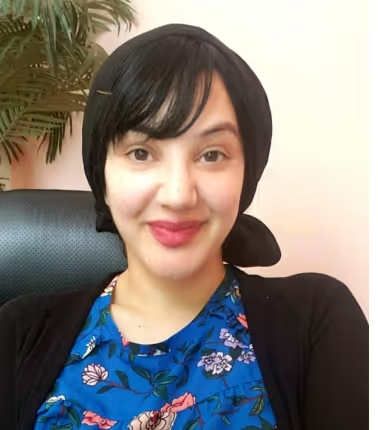Improving the control of measles epidemics in Niger through a combination of anticipatory and real-time tools

Project overview
This study will develop state-of-the-art statistical models for epidemic prediction and simple alert detection algorithms, validated retrospectively against twenty years of data and applied prospectively during the 2023/24 measles season in Niger.
Countries
Niger
Organisations
Epicentre
Partners
London School of Hygiene & Tropical Medicine, Ministère de la Santé Publique, de la Population et des Affaires Sociales du Niger
Area of funding
Humanitarian Research
Grant amount
£321,650
Start date
01
April
2023
End date
01
June
2025
Project length (in months)
26
Funding calls
Focus areas
No items found.
Topics
No items found.
Status
Live
Project solution
This project offers [specific solution or intervention] to tackle [challenge]. By implementing [strategies, tools, or innovations], the project aims to achieve [desired outcomes]. The approach is designed to [specific actions or methods] to bring about meaningful change in [community, region, or issue area].
Expected outcomes
This project aims to achieve [specific outcomes], such as [measurable results, improvements, or changes]. The expected impact includes [benefits to the target community, advancements in research or innovation, or long-term effects]. By the end of the project, we anticipate [specific changes or milestones] that will contribute to [broader goals or objectives].
Principal Investigators: Dr. Anton Camacho, Dr Ousmane Guindo
Purpose
The study will investigate whether national measles surveillance and immunisation data in Niger can be reliably combined to anticipate the spatio-temporal risk of measles outbreaks in orderto provide actionable results to the Nigerien Ministry of Health (MSPP) and Doctors Without Borders (MSF) to improve their proactive and reactive vaccination activities.
The research project will build a statistical framework to quantify the risk of a measles outbreak in each district during the upcoming year. It will also develop an alert system to rapidly identify areas with emerging measles outbreaks and a real-time spatial forecasting model to assist intervention prioritisation throughout the measles season. Finally, the study will assess the reliability of these tools and their ability to inform decision making.
Expected Outcomes
If successful, the suite of tools developed here will provide an evidence basis to improve proactive vaccine distribution, reduce outbreak response times, and facilitate real-time planning and prioritisation throughout the measles season. All three of these impacts should translate into improved efficiency and efficacy of MSPP and MSF activities.
For the MSPP, it is hoped that the tools developed will be integrated into existing decision-making processes for:
- Vaccine stockpiling ahead of the measles season.
- Selection of districts for catch-up campaigns.
- Vaccine allocation and prioritisation during reactive campaigns.
For MSF, the tools are envisaged to be used not only to prioritise areas for reactive vaccination and case management but also to better predict the quantity of supplies/personnel needed for interventions.
More broadly, this project will directly contribute to the yet nascent but growing base of public health literature and practices on data-driven approaches for epidemic control in humanitarian contexts.
No items found.
Project delivery & updates
Stay up to date with the latest developments from this project. Here, you will find details on what has been delivered, resources created, and regular updates as the project progresses. Access key documents, reports, and other materials to see how the project is making an impact.
No resources/updates have been published yet for this project. Sign up for our newsletter to stay informed about upcoming publications and updates!
Join our Newsletter
Resources
No items found.
Latest updates
No items found.








